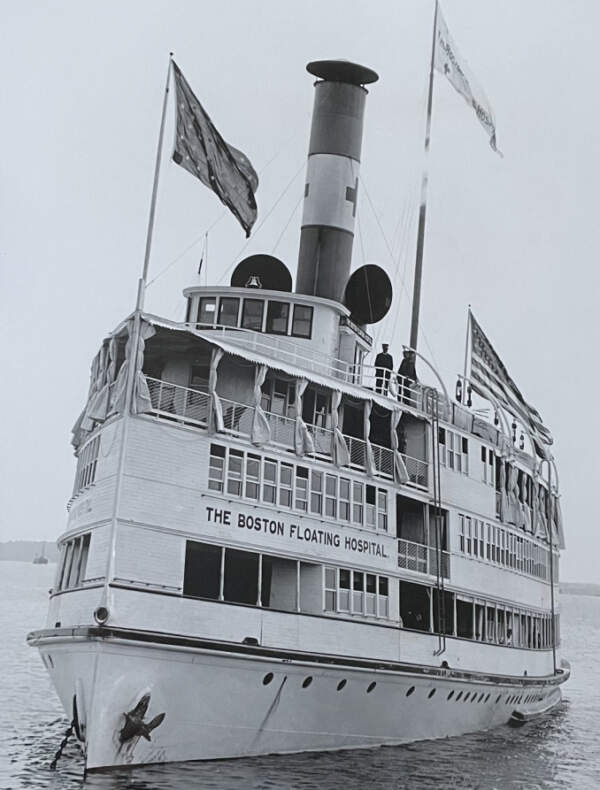Amendment Would Study Ship Use for Mental Health, Substance Abuse and Recovery Services
The Massachusetts Senate has approved legislation to convert a cruise ship into The Floating Hospital for Mental Health, Substance Abuse and Recovery, taking a page from the Commonwealth’s public health history – to create new temporary housing, medical and supportive services for those battling substance use disorder and mental health issues, including those camped out in the Mass and Cass neighborhood of Boston.
“For years now, the situation at Mass & Cass and throughout our city and Commonwealth have worsened without suitable state intervention,” said Senator Collins. “Now is the time to pursue new, creative ideas to address a humanitarian crisis affecting thousands of people and families throughout the area. The Floating Hospital would provide our healthcare professionals with a state-of-the-art facility in which to provide care, all while addressing the pressing public health and safety needs of the city.”
The fiscal year 2023 state budget allocated $597 million dollars for opioid recovery, harm reduction, and other addiction-oriented policies and programs. The state also contributed $40 million toward attempted interventions in the area known as Mass and Cass last year. Senator Collins’ amendment would consult the Naval Construction and Marine Engineering program at the Massachusetts Institute of Technology as to the feasibility of converting a cruise ship into a floating hospital for mental health, substance abuse, recovery services. In February, MIT produced a feasibility study commissioned by the United State Navy on converting a cruise ship to affordable housing.
This medical vessel would have all the facilities needed to respond to patients’ acute and chronic health needs, provide for primary and specialty care, mental and behavioral health and dental services. Furthermore, it will provide stable temporary housing with wrap-around services while ensuring a secure setting equipped with food services, health and recreation facilities.
There is precedent for the state creating a floating medical facility. Beginning in 1894, medical professionals in Boston came together to operate The Boston Floating Hospital to serve poor children battling illness by treating them on a medical vessel in Boston Harbor. This resource helped create a health care facility for the most vulnerable patients in the city. By providing a clean environment and compassion-based treatment, they were able to care for those most at risk, while decreasing risk of infection across the city.






